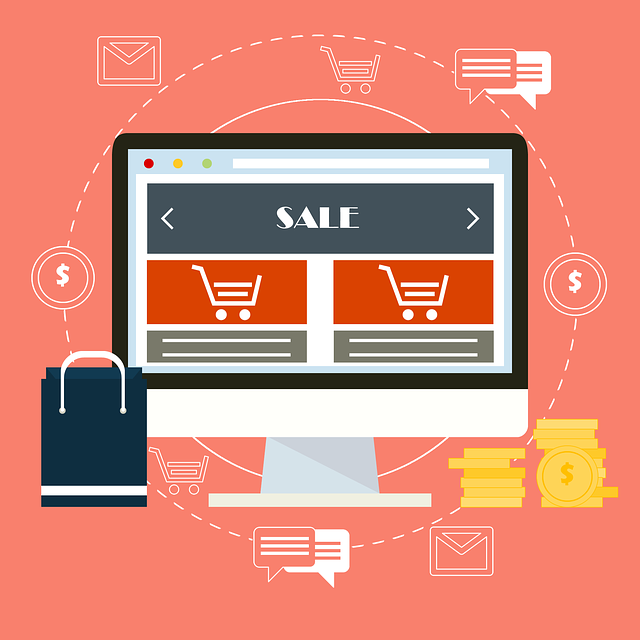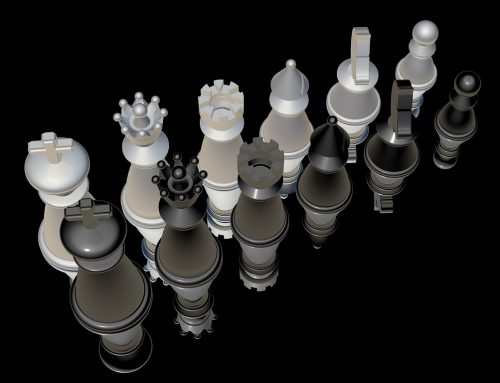In the application shops of our mobile devices we can find countless applications designed to make our lives easier.
Today we can shop from our mobile phone, lying on the sofa. Order a product from the other side of the world and receive it in a few days.
But there are also Apps to sell, that is, they help us in the sales process.
Both serve the purpose of selling but, in some cases the use of the app is made by the same customer and in others it is the seller. There is even a third type of app for sales. Do you want to know what it is?
Contenido
Types of Apps for sales
Which app should we use? It will depend on what we want to achieve, whether our intention is to sell or buy, whether we are a company or an individual. If our sale is punctual or, instead we need that tool as an aid to sell in our business.
Apps for sales: CRM
A sales app par excellence is the CRM. From it, companies follow up on their clients, sales opportunities, reports and commercial reports…
Access to it is exclusively by the members of the company. They use it as support and BBDD in their commercial visits. Its design should be simple and useful since it should speed up and facilitate the administrative tasks of the sales process.
It may have different roles and hierarchy level, depending on the need of the company.
An example of this type of sales app is uSell CRM. It allows companies to track their customers while making it easier to sell to salespeople.
We are faced with an app from customer and leads management that provides the sales team with the ideal support to carry out its task on the go.
End user: the customer

When an app is intended for the customer to be the one who accesses it to buy, we are faced with an app Econmerce or Marketplace.
This type of application eliminates the barriers of time and space. The client can conveniently access from his device via the internet. At any time and from any place.
They present an attractive and simple interface. They usually encourage you to buy more by making suggestions to the customer to add related items to their purchase.
We may encounter applications that require prior registration and require login and password access. Many companies with a B2B sales classification use this type of registration.
Practically all the big companies, especially in fashion, already have this type of apps for their clients. They are also very common in fast food chains, supermarkets or even sports shops.
Purchase portals
In this case the App serves as a platform for buyers and sellers to contact. The users will normally access by means of a previous registration where they must create a profile. They will be able to hang their products to sell, with images and descriptions.
They have an internal communication system for users to contact and reach an agreement.
Sometimes these platforms charge for facilitating access, for advertising or a percentage for sales made.
Examples of this type of apps for sale are Wallapop, Vibbo or even Ebay.
This type of app allows the sale of all kinds of items, although there are always legal restrictions (no sale of weapons, illegal substances, animals, etc.). It is possible to sell used products, new products, handcrafted products, custom-made creations,…
What App do we need for sales?
First we need to know what type of App for sales we need to then choose the most appropriate class.
If we are a private individual who wants to sell our children’s skiwear, we obviously don’t need a CRM. On the other hand, if we are a company that wants its commercials to have a tool that facilitates the work of selling in mobility the best option is a CRM .
Other companies, on the other hand, need a more accessible type of sale and that it is the same customers who can access the online shop or an app and add the desired products autonomously to their cart. In this case we would be talking about an Ecommerce . In many cases there are companies that have physical stores but expand their market and accessibility to their products by creating an app with access for their customers. These are the same ones that include in their shopping cart the desired products. In this case, little or nothing intervenes the commercial team, as it is the app itself that takes care of everything.
On occasion, some people may confuse the functions of an Ecommerce with a CRM and these are two apps for very different sales.
Did this article help you know which sales app you need? Leave us your comments and share if you thought it was interesting.






Leave A Comment